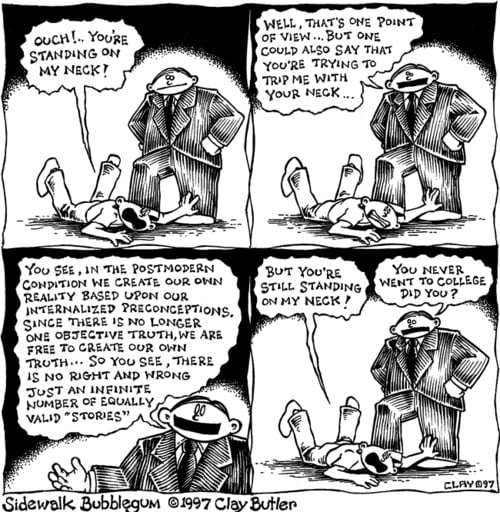Just a nitpick. Death of the author states that any interpretation that can be backed up with the text is valid. Notice that two valid interpretations are not necessarily equal interpretations.
So no, it does not mean that any interpretation is valid, much less any interpretation is as good as any other.
This is the best explanation of "death of the author" I've heard:
Suppose I make a shopping list for my wife to go to the store. But the reason I make the list is to get her out of the house so I can sext with my paramour. Before anyone else sees the list, I'm hit by a bus and killed.
Now, the authorial intent is to get my wife out of the house. But that meaning is completely lost upon my death. Sure, you can go to the store and follow the list, but you can never decipher my intentions from the text.
As media criticism, "death of the author" depreciates "authorial intent" as less than useful and instead of doing a biography of the author to understand the work, you simply focus on the test and only the text.

